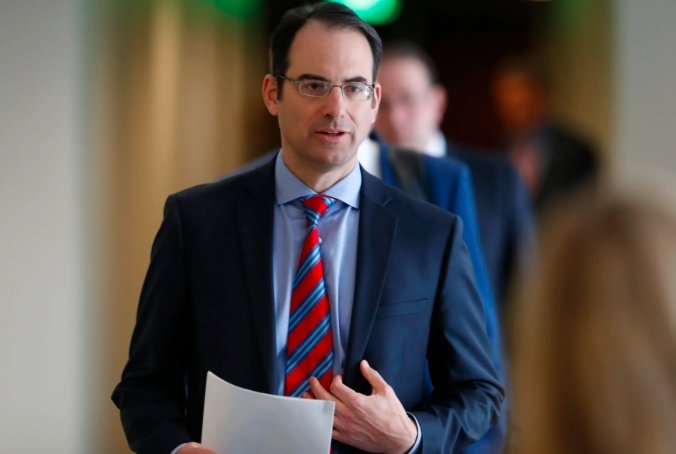Colorado Attorney General Phil Weiser is calling on the Supreme Court to maintain crucial funding for phone and internet services in the state’s rural regions. This funding, managed by the Universal Service Fund, is vital for connecting these communities to essential services.
The Case at Hand
The Supreme Court is reviewing a case concerning the Universal Service Fund, which plays a significant role in developing infrastructure to connect rural communities, schools, and businesses with nationwide communication networks. The case, initiated in 2021, challenges the authority Congress granted to the Federal Communications Commission (FCC) and the Universal Service Administrative Company, a non-profit, in distributing these funds.
Weiser emphasized the importance of this fund, stating, “Coloradans rely on the Universal Service Fund for internet and phone service in their communities and they could lose affordable service if the Supreme Court nullifies the fund.”

Importance of Rural Connectivity
For many rural Coloradans, affordable broadband, wireline, and wireless services are not mere conveniences but necessities. These services are critical for participation in the modern economy, accessing education and healthcare, and engaging in democratic processes.
The Stakes for Colorado
- Economic Impact: Rural businesses depend on reliable internet to compete and grow in the digital marketplace.
- Educational Access: Schools in remote areas use internet services to provide students with quality education, often bridging the gap between rural and urban academic resources.
- Healthcare Services: Telehealth services have become increasingly vital, especially in areas where medical facilities are sparse.
“For rural Coloradans, affordable broadband, wireline, and wireless service is essential to their participation in the modern economy, access to education and health care, and participation in our democratic republic,” Weiser explained.
Support from Other States
Weiser, joined by 22 other state officials, argues that the FCC has effectively and constitutionally managed the fund’s distribution. Their collective stance is that dismantling this funding mechanism would severely impact the communities that depend on it.
Legal Arguments
The case hinges on the extent of power delegated by Congress to the FCC and the Universal Service Administrative Company. Critics claim this delegation oversteps constitutional boundaries, while supporters, including Weiser, assert that it falls well within legal limits.
Potential Consequences
If the Supreme Court rules against the fund, the repercussions could be dire:
- Loss of Affordable Services: Many rural residents could face increased costs for basic communication services.
- Infrastructure Setbacks: Development projects aimed at improving rural connectivity might stall or cease altogether.
| Potential Consequences | Description |
|---|---|
| Loss of Affordable Services | Higher costs for phone and internet services. |
| Infrastructure Setbacks | Halted progress on rural connectivity improvements. |
A Broader Perspective
The Universal Service Fund is more than a financial mechanism; it’s a lifeline for many Americans in remote areas. It represents a commitment to ensuring that all citizens, regardless of location, have access to the tools necessary for modern life. Weiser’s advocacy highlights the broader implications of this case, emphasizing that connectivity is a right, not a privilege.
The outcome of this Supreme Court case will undoubtedly set a precedent for how rural infrastructure projects are funded and managed in the future.













